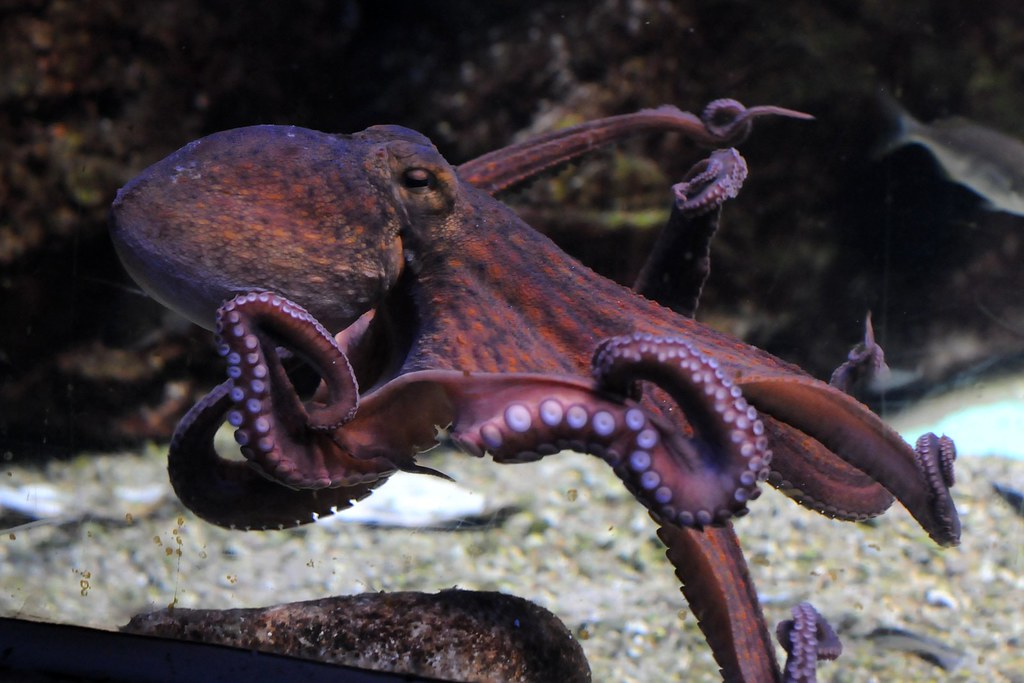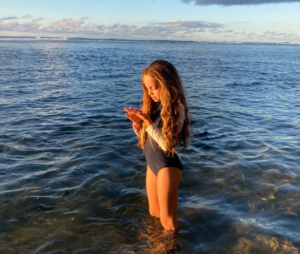What Happened When the Octopus Left Its Shell
Key Points
-
Some students enter the classroom on high alert, everything is potentially dangerous, sus.
-
These students are not building walls or hiding inside of shells.
-
These are shells that students have abandoned or have had stolen from them. These are the defenses they have developed to cope.

By: Jonathon Medeiros
I can already hear the responses: Be more engaging. Control your students. You can’t let them act that way. Work on your classroom management.
Then I think about how the octopus used to have a shell.
Adults sometimes use this metaphor to talk about hard-to-reach students, asking questions about getting them out of their shells. Early in its evolution, the shelled mollusk that became the octopus let its shell go, abandoning its most effective safety mechanism. Naked, the world became dangerous.
Without a shell, the octopus heightened its attention to danger, sending its nervous development into overdrive, creating a creature that has more neurons in its limbs and body and skin than it has in its entire relatively large brain. The octopus is now a master of disguise, able to taste and see danger with its skin, a shapeshifting living movie screen that projects all the colors we can and can’t imagine. All of these adaptations are defenses; its speed, its disguise, its jets, its sensing seeing skin, its clouds of ink, all of it developed to be the shell it abandoned.
Now, hyper-aware of danger, this being that puts so much energy, so much of its intelligence and creative ability, into defense spends it all in a blur and is dead by the time two years are up.
I think about the shells that the students have abandoned or have had stolen from them and the defenses they have developed to cope.
Jonathon Medeiros
And when I look across my school day, I do not think these students are building walls or hiding inside of shells. As they enter the classroom, they are on high alert, everything is potentially dangerous, sus. I think about the shells that the students have abandoned or have had stolen from them and the defenses they have developed to cope.
I am the teacher in my classroom; I am a swimmer in the ocean, an interloper, and I am trying to be still so that the shell-less among us can somehow find a way to not see every moment at school as a potential danger or threat.
Jonathon Medeiros has been teaching and learning about Language Arts and rhetoric for sixteen years with students on Kauaʻi.






Nicki
I learn so much from reading your words. Thank you.